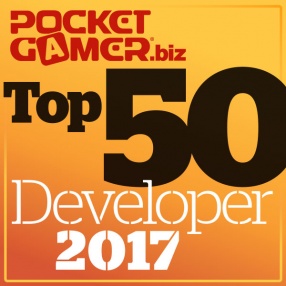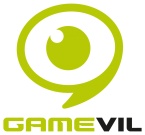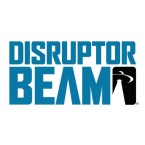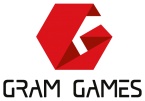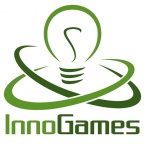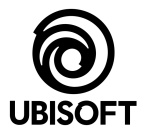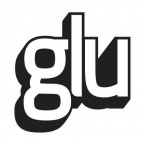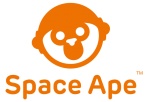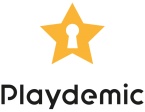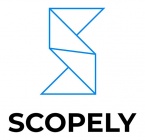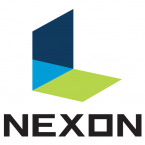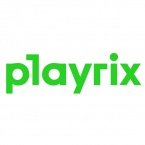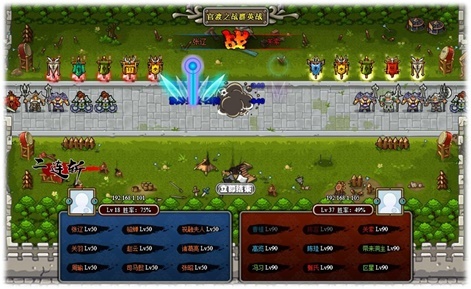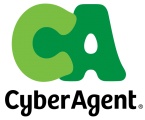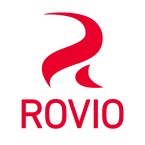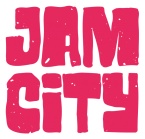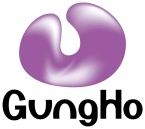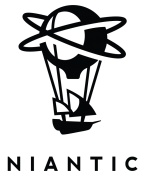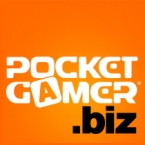Welcome to PocketGamer.biz's Top 50 developer list for 2017
The eighth edition of the annual PocketGamer.biz Top 50 Developer list reveals an industry truly global in nature.
It also reflects a market buzzing with mergers and acquisitions activity, as companies get snapped up for hundreds of millions, even billions, of dollars. It’s a sector that most definitely continues to grow.
Global stars
There are 16 new entries this year, hailing from all over the world, whether it’s the USA or Europe to the Middle East and Asia. It’s the latter’s growth that’s the most striking.
Asia dominates our list with 20 entries from Japan, China, Singapore and South Korea – that’s four more than in 2016.
The ability of Japanese developers to create hit games that generate millions of dollars a day, and sustain them for years, is not waning, even in a maturing market.
Meanwhile South Korean publishers are smashing records with the Lineage IP.
This year’s list goes to show that studios from anywhere in the world can make it big in mobile.
Even those companies on our list that aren’t from Asia, a number now have a strong Eastern influence whether that’s through IP, investment or a full acquisition.
Hitting the big time
That doesn’t mean Western companies aren’t successful however – far from it.
Big publishers such as Activision Blizzard, Ubisoft and Take-Two have all made significant moves in the market to expand their businesses out from console and PC, and acquire much needed free-to-play expertise.
The USA and Japan are the best represented single countries with 11 entries apiece. Overall, Europe is represented by 15 companies.
This year’s list goes to show that studios from anywhere in the world can make it big in mobile.
Read on to find out more, and visit PocketGamer.biz every day for mobile games industry news.
Note: Our list was compiled during June to August 2017, with additional information added during September 2017.
Click here to view the list »

